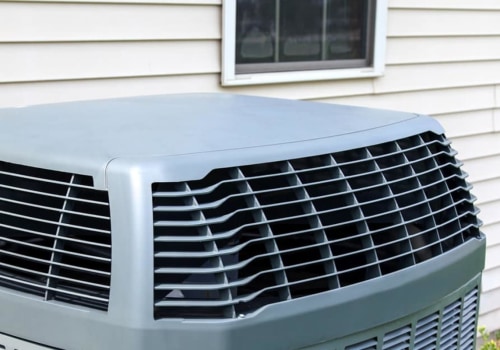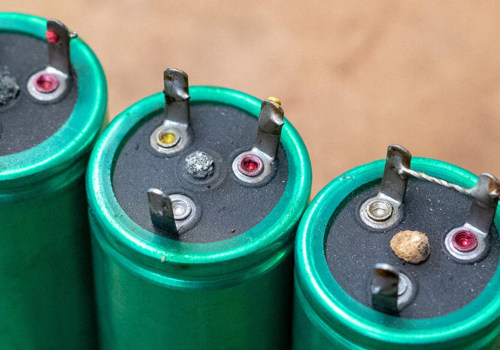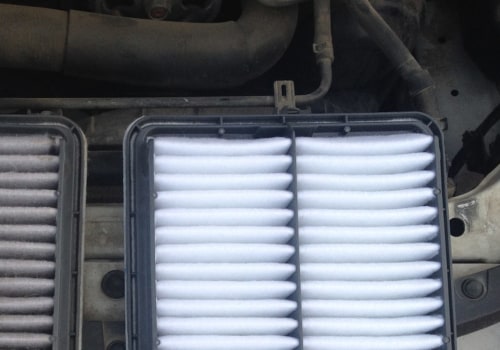Even though your air conditioning system can work without a filter, experts don't recommend it because it can cause serious damage to your air conditioning system, and therefore, you'll have to pay for costly repairs. Although the answer to this question is yes, your air conditioning system will continue to work without a filter, you should never try to do so. We understand that you may not always have a new replacement filter on hand when you want to replace your current one, but it's best to wait until you have a replacement filter. Running the air conditioner without a filter is worse than running it with a dirty one. Instead, go to the store as soon as possible for a replacement or call an HVAC professional to have it replaced.
Without a filter, your air conditioner risks serious and costly problems. Follow our advice and never run your system without one. An HVAC system can work without a filter, but this is not recommended. Without a filter, the system will suck in debris-laden air and return the same dirty air to your indoor environment, contributing to health problems. In a short time, the system will be flooded with dirt and debris, which can cause a malfunction and consume more energy, shortening its lifespan.
The longer you leave your air conditioner running without a filter, the more likely you are to have problems with indoor air quality. As a result, you or others in your household may experience increased symptoms of allergy, respiratory problems, eye irritation, or irritation of the nose and throat. The good news is that yes, you can run the air conditioner while you go to the store. This doesn't mean you can run the air conditioner permanently without a filter and just sweep your house more often. An air conditioner cannot work longer than 6-8 hours without a filter and not be damaged.
More than this, and you could be configuring your system for serious damage. The primary purpose of your air conditioning filter is to clean the air circulating through the air conditioning system. It is often located in the return air duct, but it could also be in the front of the oven, near the bottom of the two systems that share the same ducts. Evaporator coils contain a substance called refrigerant, which absorbs heat from indoor air so that the air conditioning system can return cool air to your home or office. One way to do this is to keep the air filter clean and always make sure it is in place before operating the system. All residential and commercial HVAC systems use a filter to remove impurities that are present in the air, so that it does not return them to indoor spaces and contributes to indoor air pollution.
While HVAC systems equipped with clean and efficient filters are not the only answer to this problem, it is important that HVAC filters at least do not contribute to it. An air conditioning system that works without a filter will have a major negative impact on indoor air quality, possibly even causing the spread of diseases or an increase in allergic reactions. After all, running the air conditioner for more than a day without a filter could affect your system enough to ensure immediate repair of the air conditioner. The air cleaner is the barrier to the return ventilation of the air conditioner (the vent that draws air into the system). That said, running your air conditioner without a filter for more than 6 to 8 hours can cause serious damage to your air conditioning system and significantly reduce the air quality in your home. The filter is responsible for removing impurities from the air before the HVAC system blows hot or cold air back into the building.
Because your HVAC system relies on a filter to remove impurities before indoor air is drawn into the system and then expelled back into the room, you need the filtration system to be clean and efficient so that hot or cold air can make your commercial space or home comfortable. Commercial and residential cooling and heating systems need a filter to remove impurities before they suck indoor air into the system and exhaust it back into areas that are supposed to heat or cool. One night you can take out and throw away a dirty air filter only to realize that you don't have a spare filter and stores are closed. In conclusion, running an AC without a filter is not recommended as it can cause serious damage both in terms of energy consumption as well as health issues due to poor indoor quality of air. It's best practice to always keep an extra replacement filter on hand so that when one needs replacing there's no need for panic.



